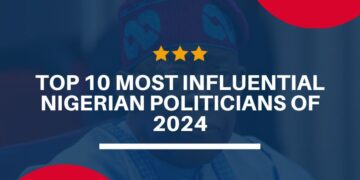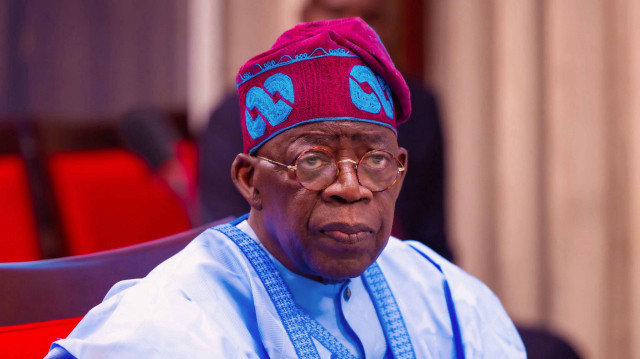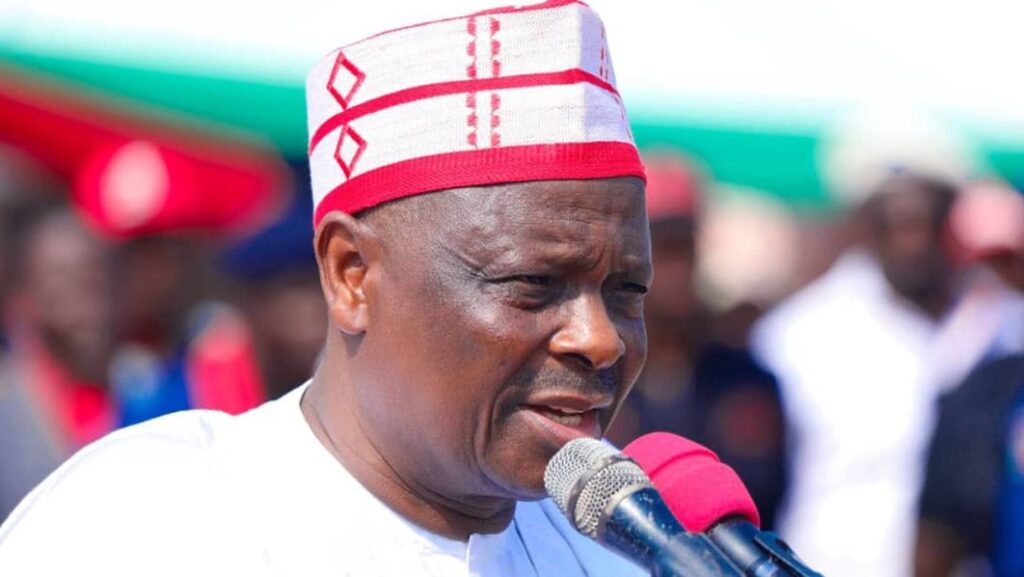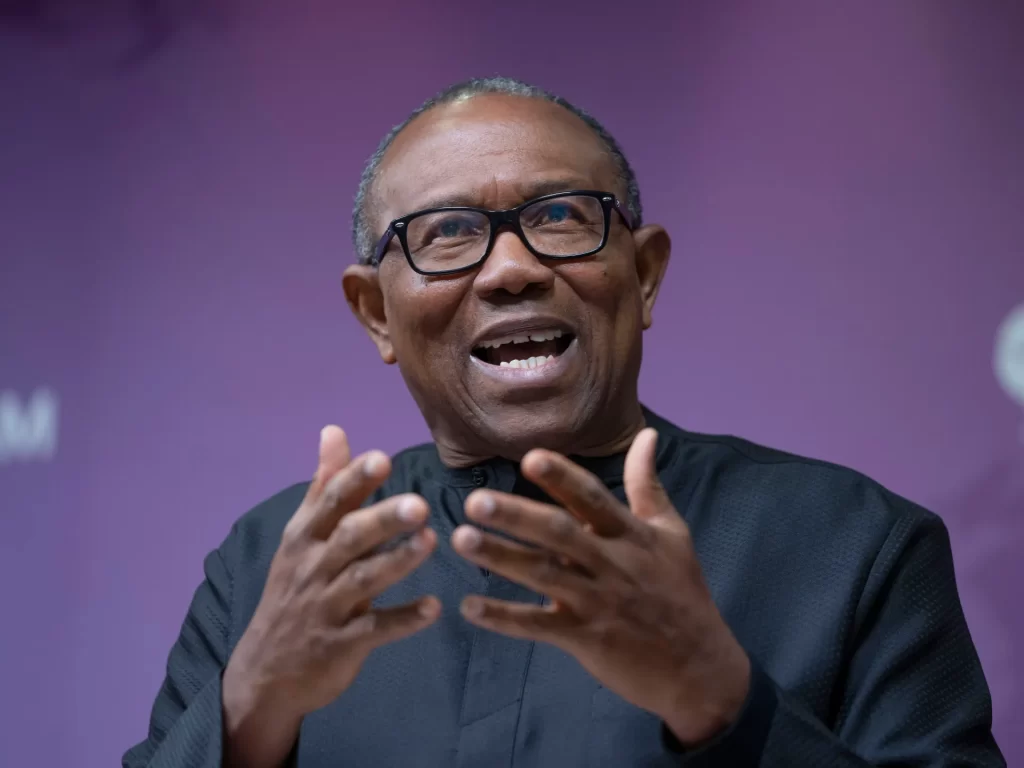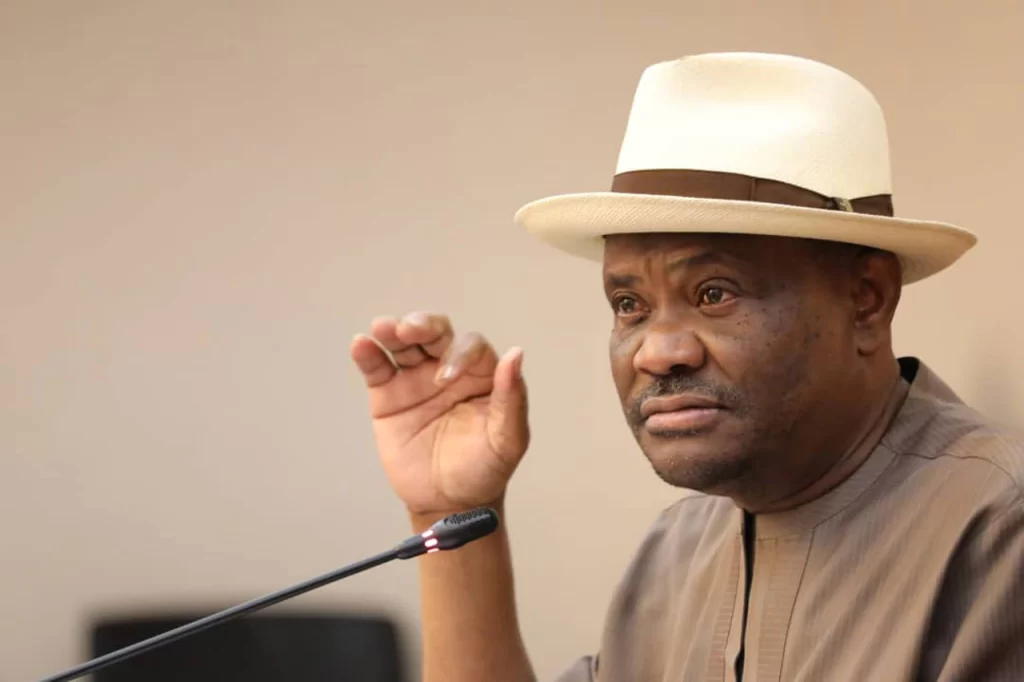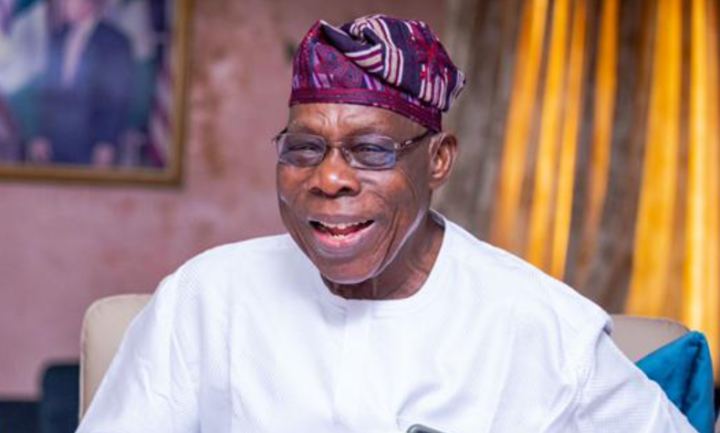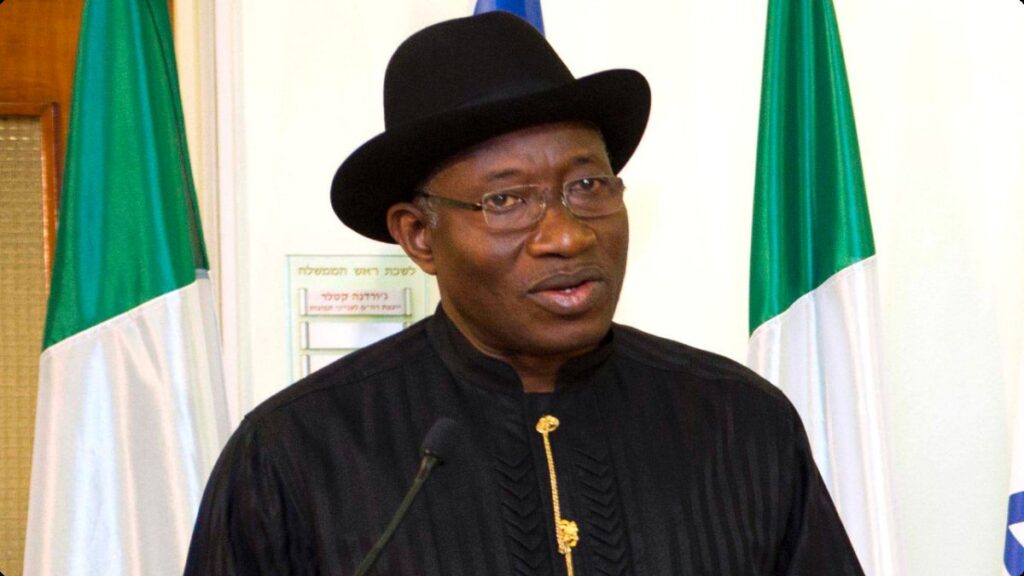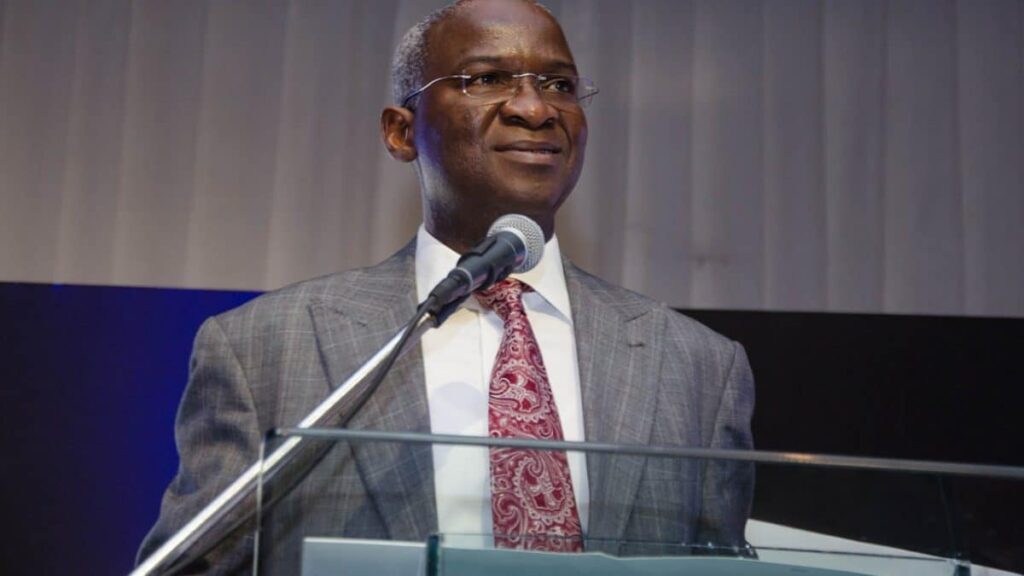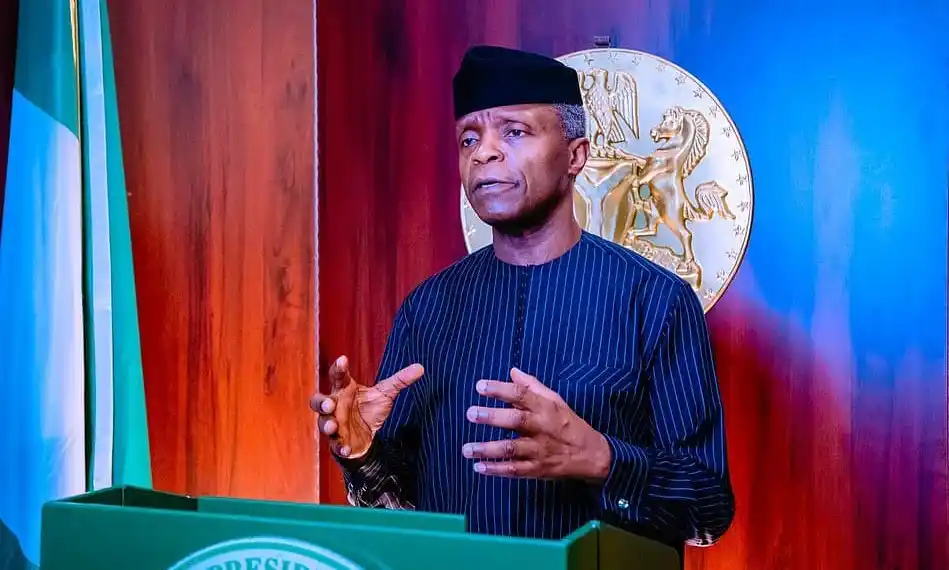Nigeria has several prominent personalities who have contributed significantly to the country’s political setting. These individuals have made an impact in a number of areas, including government, economic development, social improvement, banking, telecommunications, education, and international relations.
The most influential Nigerian politicians of 2024 not only influence governmental decisions, but they also command respect from all regions and ethnic groups, and their acts have far-reaching consequences. The following list includes politicians with considerable political connections, riches, and fame, whose judgments affect entire tribes, regions, and even the country.
Some of them are considered elder statesmen whose opinions are valued in national decisions. They have held important political positions, contributing significantly to shaping Nigeria’s current political climate.
These politicians have not only made their mark on Nigerian politics but continue to shape the direction of the country’s future. While some are currently holding office, others remain influential due to their history, connections, and ongoing impact on the nation.
Here are the top 10 most influential Nigerian politicians of 2024:
1. Bola Ahmed Tinubu
As the current President of Nigeria and Commander-in-Chief of the Armed Forces, Bola Ahmed Tinubu’s influence extends nationwide, particularly within the southwest, where he has significant sway in states like Lagos.
He is a key figure in Nigerian politics, having held positions such as Governor of Lagos State and Senator. His leadership in the All Progressives Congress (APC) has also made him a dominant force in the country’s political landscape. Tinubu’s influence goes beyond his role as president, as his decisions impact a variety of sectors, from politics to infrastructure and governance.
2. Muhammadu Buhari
Although he is no longer the sitting president, Muhammadu Buhari’s political legacy and influence continue to affect both the north and south of Nigeria. As a former military leader and two-term civilian president, Buhari’s leadership style and strict demeanor have earned him both respect and apprehension. His political decisions still echo in various parts of Nigeria, particularly in the north, where his support remains strong.
3. Rabiu Kwankwaso
Rabiu Kwankwaso remains a powerful figure in northern Nigerian politics. Having served two terms as Governor of Kano State, he is deeply rooted in the political fabric of the region. Known for his strong political base, especially in Kano, Kaduna, and other northern states, Kwankwaso’s influence transcends his role as a former senator.
4. Peter Obi
Peter Obi has emerged as one of the most prominent politicians in Nigeria in recent years, particularly with the rise of the “Obidients” movement. Obi, a former governor of Anambra State, has sparked a political revolution with his candidacy for president under the Labour Party.
His emphasis on good governance, economic reform, and anti-corruption has earned him a significant following across Nigeria, especially among younger voters. His political influence continues to grow as he advocates for change on a national scale.
5. Atiku Abubakar
Atiku Abubakar is a veteran politician and businessman who has made his mark in Nigerian politics for decades. Serving as Vice President under Olusegun Obasanjo from 1999 to 2007, Atiku is a significant figure in both the People’s Democratic Party (PDP) and national politics.
He has run for president multiple times, securing a strong political base, particularly in the north. Though he has yet to win the presidency, his influence remains undeniable, and his political activities continue to shape the direction of Nigerian politics.
6. Nyesom Wike
Nyesom Wike of Rivers State is one of the most influential politicians in Nigeria, particularly within the PDP. Known for his outspoken nature, Wike’s influence extends beyond Rivers State, making him a key figure in national politics.
Despite not securing the PDP’s presidential nomination, Wike’s political influence is significant, with many in his party and beyond seeking his counsel. His strong financial backing and political clout make him a formidable force in Nigerian politics.
7. Chief Olusegun Obasanjo
Despite a decline in his active political participation, former President Olusegun Obasanjo remains a respected elder statesman and influential figure in Nigeria.
Having served as both a military ruler and a democratically elected president, Obasanjo’s insights and recommendations still hold weight in Nigerian politics. His influence is especially significant in the southwest and across the entire country, where his opinions on national issues continue to matter.
6. Goodluck Jonathan
Goodluck Jonathan, the former president of Nigeria, remains an influential figure in the political landscape, particularly in the south and southeast regions. His leadership, which ended in 2015, is still regarded with respect by many Nigerians.
Jonathan’s political career is marked by his peaceful exit from office after losing the 2015 election, which was a significant moment in Nigeria’s democratic history. His influence continues to extend into national politics and global diplomacy.
9. Babatunde Fashola
Babatunde Fashola, the Minister of Works and Housing and former Governor of Lagos State, is a powerful figure in Nigerian politics. Known for his infrastructural development projects in Lagos, Fashola has continued to play a pivotal role in shaping Nigeria’s development agenda at the national level. His technical expertise and experience in governance have made him a respected voice within the APC and Nigerian politics as a whole.
10. Yemi Osinbajo
As the former Vice President of Nigeria under Muhammadu Buhari, Yemi Osinbajo has been a significant player in Nigerian politics. Known for his academic background and legal expertise, Osinbajo’s influence has extended across various political and economic spheres.
His tenure as Vice President, coupled with his position as a respected member of the APC, places him among the most influential politicians in Nigeria. His involvement in key policy decisions and his work on social issues like poverty reduction further cement his status as a political leader.
